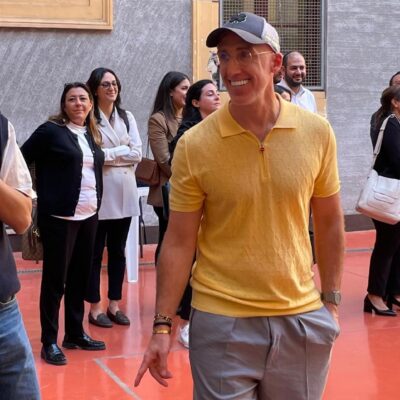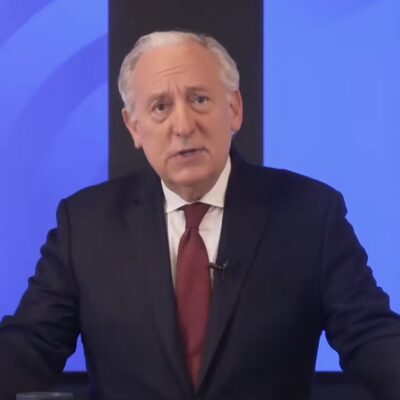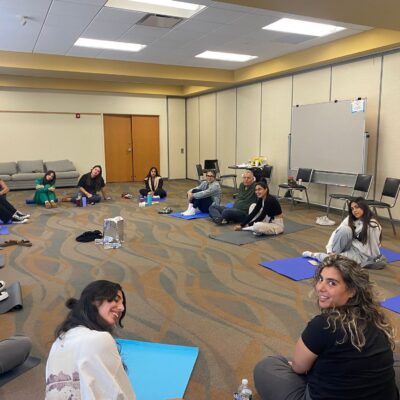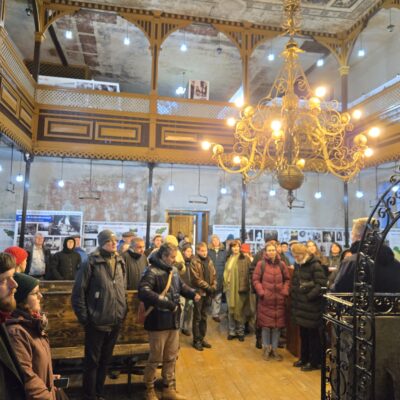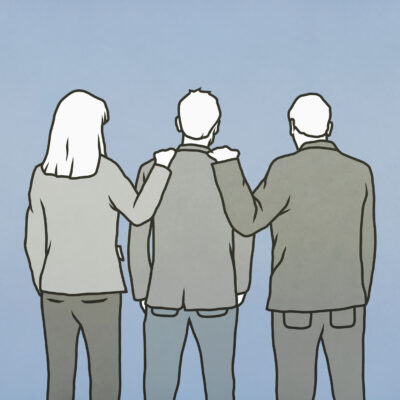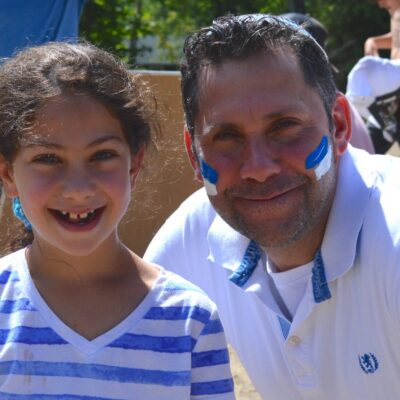Finding Meaningful Ways for Teens to Connect Jewishly – and Measuring the Impact

By Jill Hulnick
Last week, the findings of GenZ Now, the largest study of Jewish teens of its kind with over 17,500 participants, were released. We are so grateful for the generosity of funders who supported the study and incredible work of The Jewish Education Project and Rosov Consulting in developing the TJLES scale, fielding the study and analyzing the results. With 30% of respondents indicating an involvement in BBYO, it gives us valuable insight into the impact we’re having on the Jewish teen landscape and a baseline for measuring our work for years to come.
One of the study’s four key findings was the fact that Jewish teens “share the troubles and concerns and other American adolescents, notably managing anxiety and depression, and coping with adolescent wellness.” For youth serving organizations (YSOs) this finding is no surprise, as we see the challenges teens face daily through their participation in the safe spaces we create. And because of this, we need to do more to invite teens into these spaces and make sure that they offer the highest standards of protection and wellness for all those involved.
Just yesterday, we announced a major step in that direction by establishing the BBYO Center for Adolescent Wellness. Noted child wellness expert, Drew Fidler, joins us to lead and establish the Center which aims to ensure that BBYO is a safe place for teens by being host to the best practices in health and wellness, as well as ensuring healthy futures for adolescents throughout the Jewish community. Other Jewish YSOs will be able to engage confidentially with the Center as they endeavor to become exemplary practitioners for child wellness and create the highest standards of protection and wellness for Jewish teens.
Another thing that stood out to us in the GenZ Now study was our ability to attract teens from nominal or modest Jewish backgrounds at a significant rate, with 73% of BBYO participants falling into this category. While the data doesn’t paint the full story, it does suggest that there is an enormous opportunity to support teens with more limited Jewish background to find their own Jewish path. This speaks to me on a very personal level.
I came to BBYO more than 20 years ago from a modest Jewish background. While admittedly, I was a relatively unaffiliated Jew at the time, it wasn’t the Jewish traditions that initially drew me in. I was looking for a place to be myself and the accepting environment and camaraderie I felt fit the bill. However, spending countless Shabbats with my closest friends, whether we were volunteering, participating in programs, or singing Havdalah prayers arm-in-arm, it made an unexpected and profound impact on me. It essentially allowed me to develop my own version of what it meant to be Jewish, and this is something I’ve taken with me from my teenage years in BBYO, to college as an active participant in Hillel, into adulthood as a parent of a Jewish preschooler, and now as leader in the Jewish community.
Across the board, YSOs have an enormous responsibility to provide meaningful ways for teens to find their own ways to connect Jewishly. At BBYO we do this via a peer leadership model, complemented by an infusion of Jewish content by educators, inspiring personalities and speakers from partner organizations. This content, offered in powerful immersive environments, often has a profound impact on teens, like it did on me, and fosters their desire to grow their understanding of what It means to be a Jew. By creating compelling Jewish experiences where teens feel pride in who they are and a part of something greater than themselves, we are enabling them to find their own ways to connect Jewishly. And with the availability of insightful studies and research like the GenZ Now study, we are truly able to measure the impact of this.
Jill Hulnick is the Chief Impact Officer of BBYO.

 Add EJP on Google
Add EJP on Google
